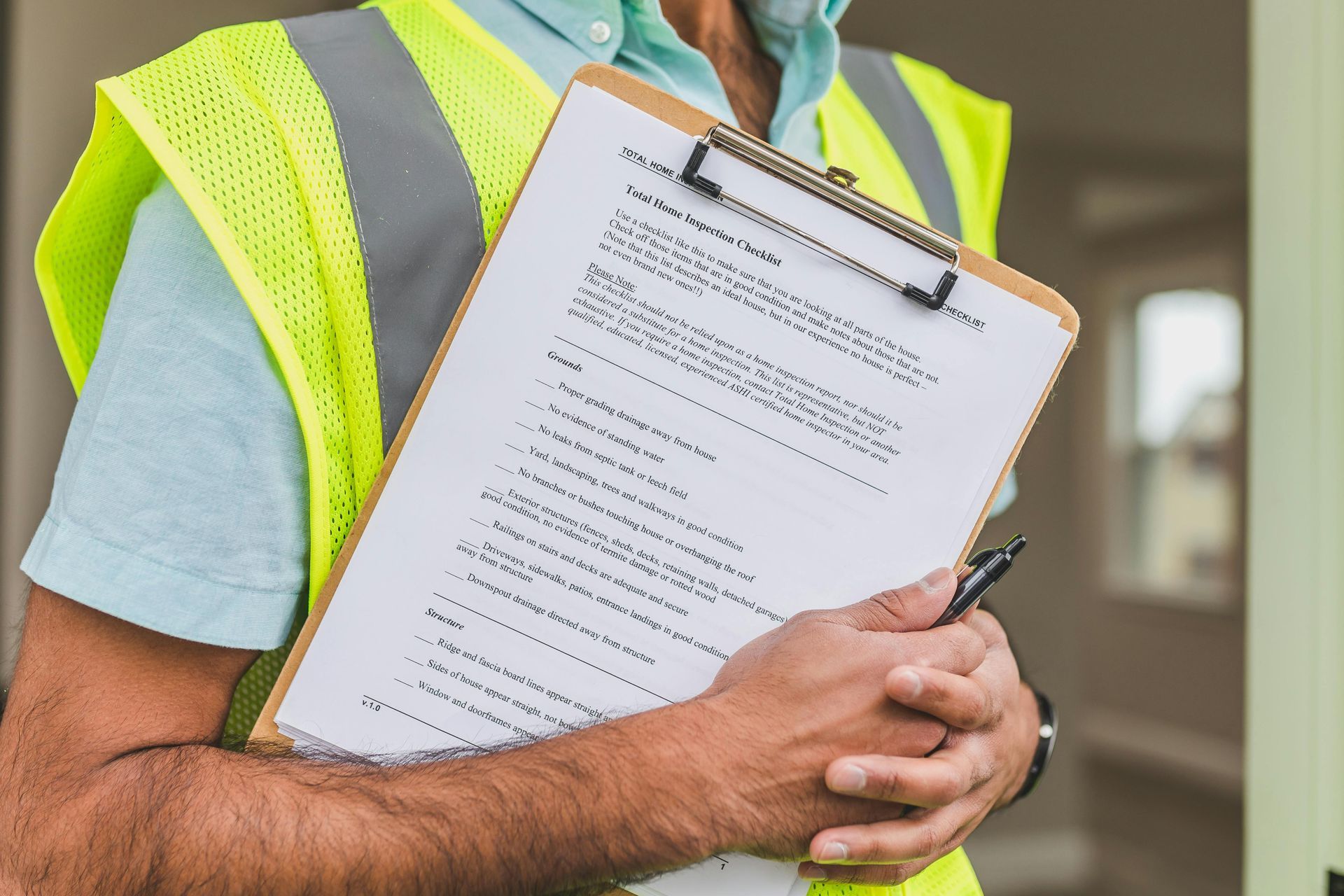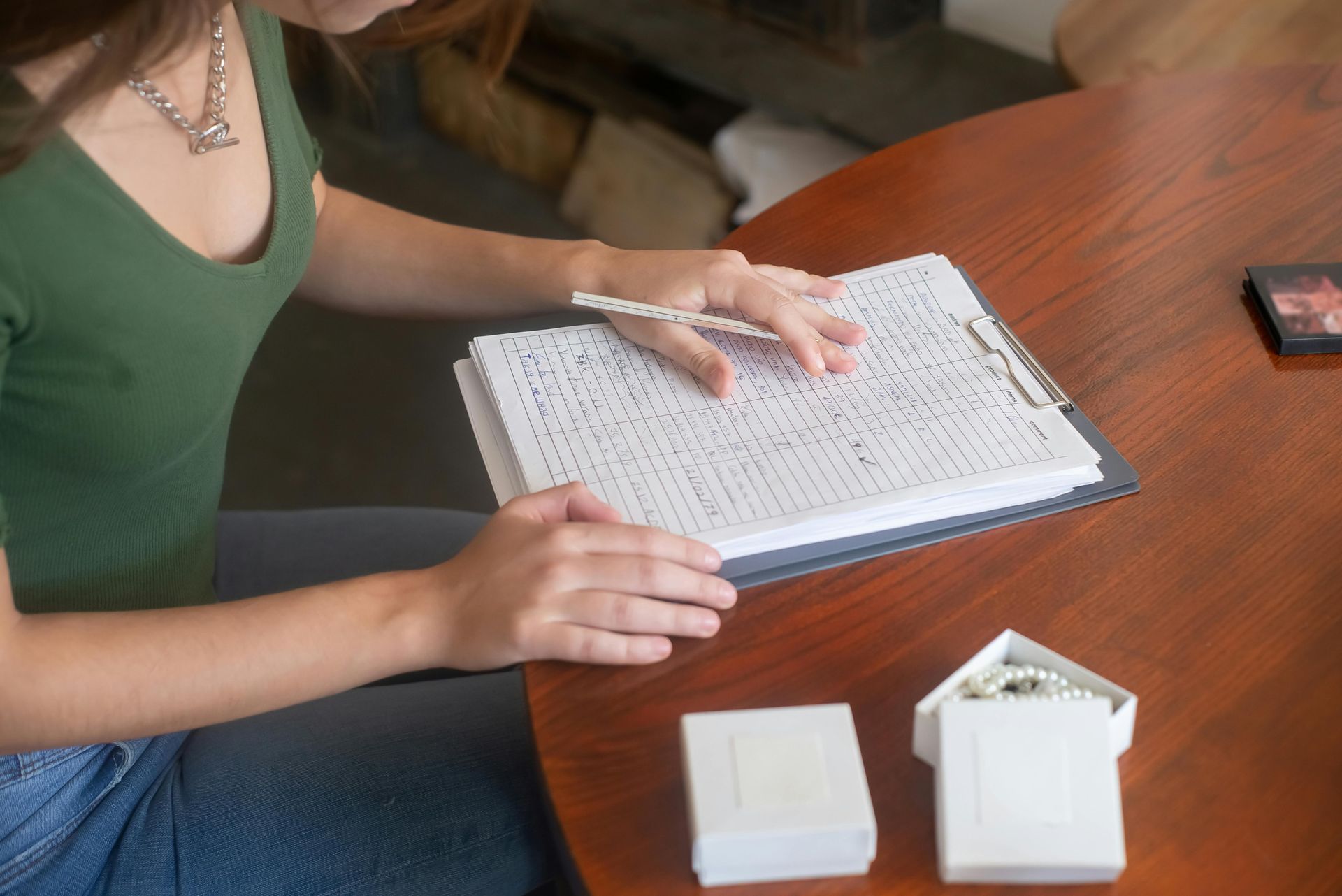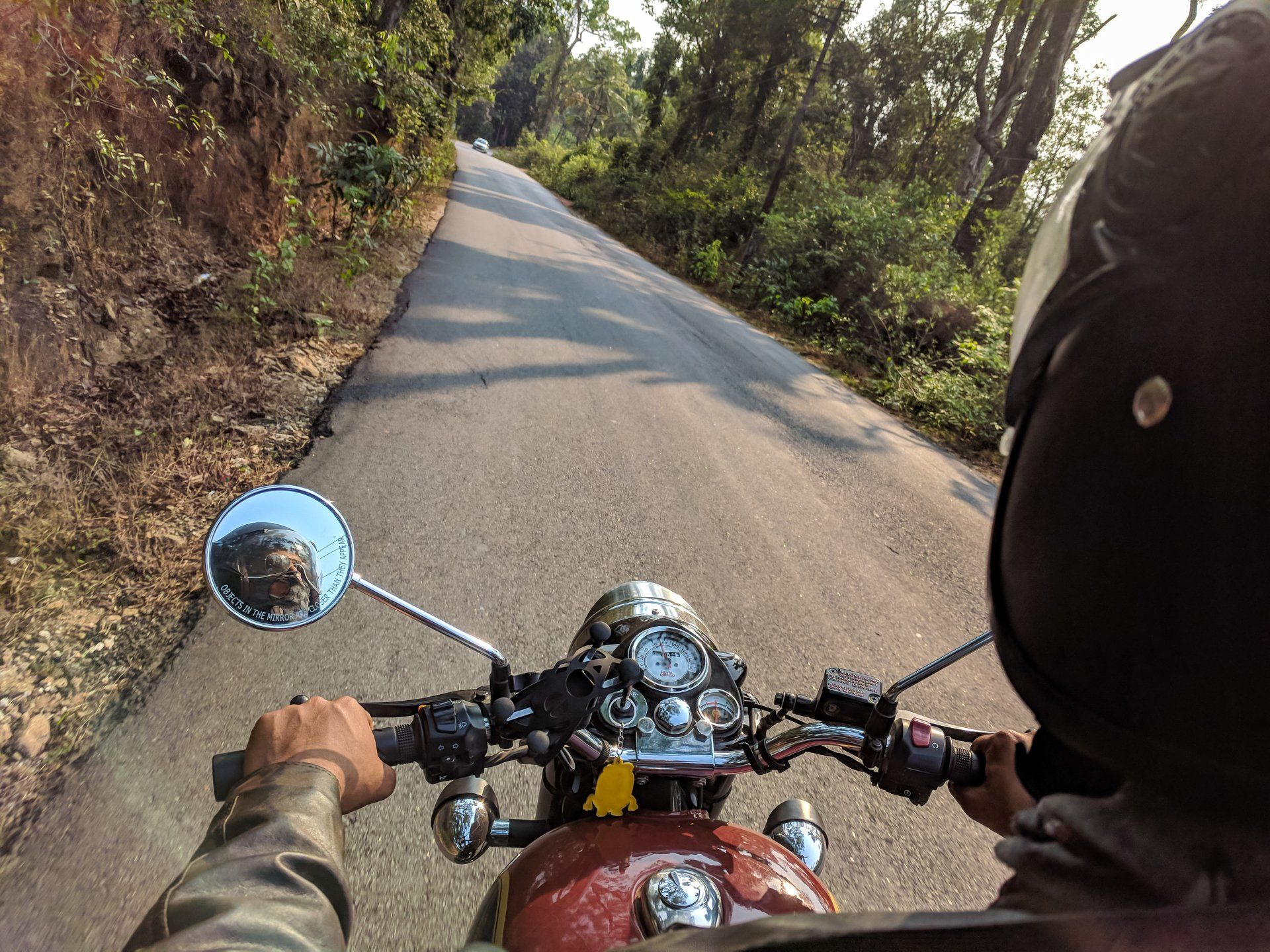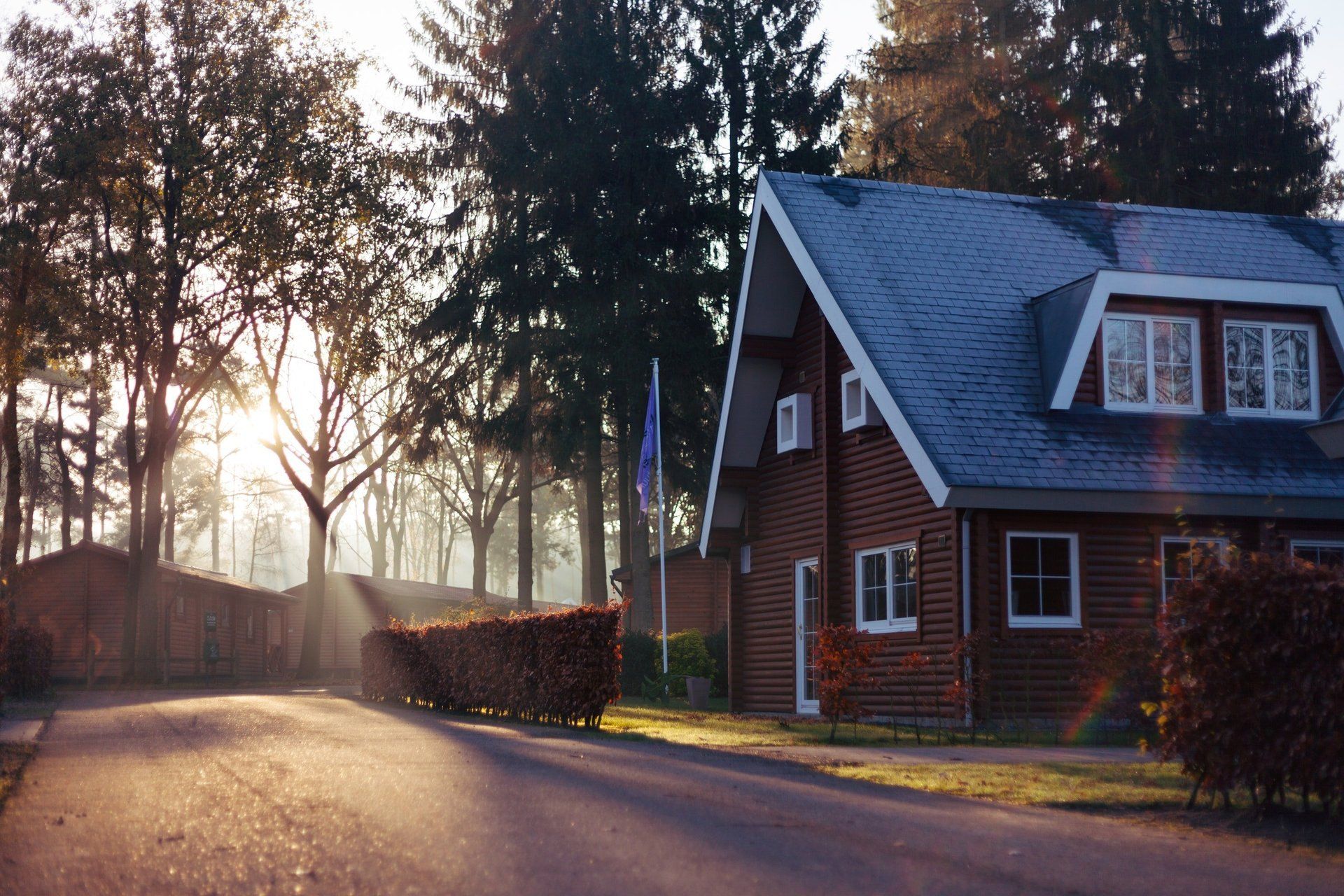A Guide to Landlord Insurance
Rink Partridge Agency, Inc.
February 9, 2022

Let's take a look at what is and is not covered by a landlord insurance policy.

Owning a home and renting it out to tenants comes with a lot of responsibilities and tasks. As a landlord, your duties include a lot more than just collecting rent. You work to maintain a safe, clean and functional environment for your tenants. Maintaining your property is a crucial role of being a landlord, as well as protecting your property from the unforeseeable future. A landlord insurance policy provides two forms of protection; property and liability.
What is Covered by a Landlord Policy?
Property Protection Coverage
- Dwelling coverage. This applies to the rental building and provides protection if damage should occur because of a covered peril (such as fire or storm damage)
- Other structures. Provides coverage for other parts of the rental property such as a detached garage or shed.
- Personal property. The personal property that you, as a landlord, use to maintain the rental property (such as lawn equipment and appliances) is covered by this part of the insurance policy. The key here is that the personal property must be used to service the property.
Liability Coverage
- Medical Bills and Legal Expenses. If you are found responsible for the injury of someone on your rental property, liability insurance will provide financial and legal protection for you. This coverage may apply to medical bills of the injured person(s) and legal expenses that may arise from the injury.
Additional Coverages to Consider
- Vandalism
- Burglary
- Property under construction
- Building codes
- Loss of income coverage
- Non-Occupied dwelling endorsement
- Underground Utility Line
What Is Not Covered by a Landlord Policy?
While the coverages in a landlord policy are similar categories to a homeowners policy, there are some exclusions. So what are some things that are not covered by a landlord policy?
- Equipment breakdown. The landlord policy does not cover the cost to repair appliances or other equipment in the rental property. If the furnace goes out, you are responsible to pay for that repair.
- Shared property. Landlord policies are typically designed for non-owner-occupied property.
- Tenant belongings. If the tenant’s car, furniture or other property gets damaged in a fire, the landlord policy does not cover that loss. The tenant should have a renter’s policy to cover their personal belongings.
Most insurance companies offer landlord insurance policies. Buying a landlord insurance policy is a good way to protect your property should something happen. It is not always easy to own a rental property, but shopping for insurance should not be a hard thing for you to do. Contact us for any questions about a new or existing landlord policy.










